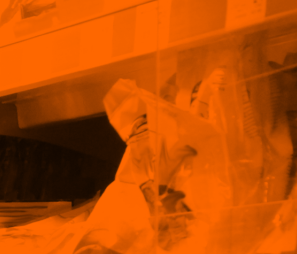Responding to the publication of the final version of the base fees for packaging Extended Producer Responsibility (EPR) published on 27 June 2025, Jason Galley, director and chief executive of the Metal Packaging Manufacturers Association (MPMA), says:
“The final packaging EPR base fees are a step in the right direction with encouraging reductions for aluminium and steel which better value their contribution to the circular economy. However, individual fees for metal packaging should not be looked at in isolation but rather in comparison with all materials. Fundamentally the disparity remains when the base fees are translated into real-life product packaging, resulting in the financial incentive to switch to lighter-weight yet harder-to-recycle materials.
“Despite the amendments to the base fees, the unique role of metal to support UK circular economy goals is still undervalued within the EPR scheme and businesses making the most circular, highly-recycled packaging are under threat.
“While we are pleased that MPMA’s evidence has been sensibly evaluated by Defra, we believe metal packaging within the UK EPR scheme should be closely aligned with European schemes where steel and aluminium base fees are significantly lower compared to lighter-weight, less-recycled materials.
“We believe there is the opportunity to make packaging EPR a showcase piece of legislation. We will continue to work with Defra and PackUK to bring the facts to the table in support of the country’s circularity goals.”
Background
MPMA supports Defra’s over-arching goal to create a circular economy and improve packaging recycling rates. But MPMA believes fairly-priced packaging Extended Producer Responsibility (EPR) fees will help to create a positive cycle to improve recycling rates.
MPMA is concerned the EPR methodology fails to reflect the true collection, sorting costs and recycling rates of different packaging materials.
The EPR fees for steel cans are much higher than competing packaging materials like plastic and fibre composite. Yet Defra sources show that steel has the highest recycling rate – 78.3% – of any packaging material in the UK. MPMA believes the recycling rate figure of each material must be at the heart of EPR fees for a successful circular economy.
Metals are defined as Permanent Materials. This means that their inherent properties do not change regardless of repeated recycling into new products, making them the perfect materials for a circular economy. In addition, the iconic ‘tin can’ is a kitchen cupboard staple and the backbone to food banks across the country. Food cans, with their three-to-five-year shelf-life, are essential for food security and reducing food waste.
But the EPR fees for steel are high enough to lead businesses choosing to no longer use metal packaging because it will be too expensive. This behaviour change will seriously threaten the existence of the iconic food can, negatively impacting UK food security and the UK economy.
Manufacturing & Engineering Magazine | The Home of Manufacturing Industry News















